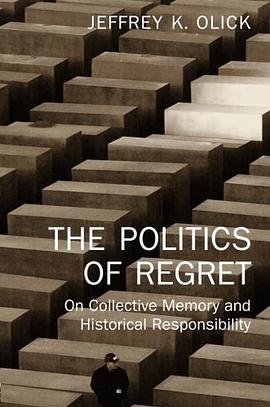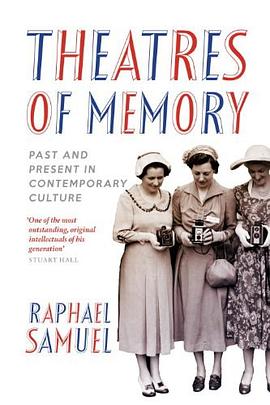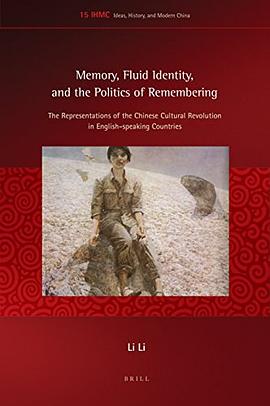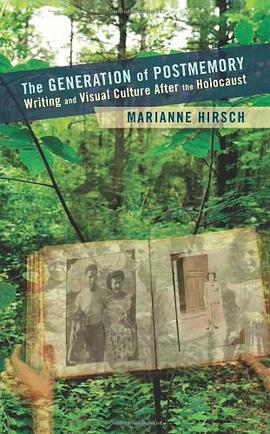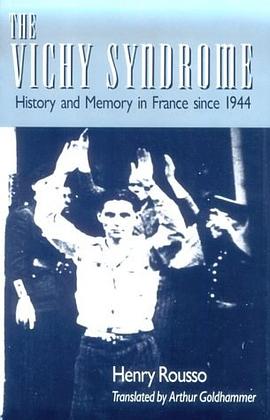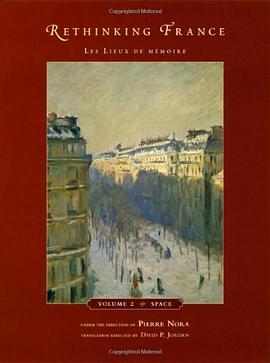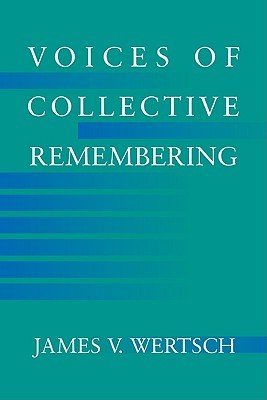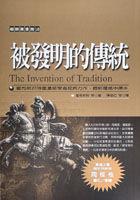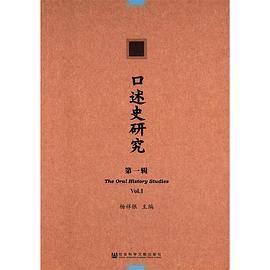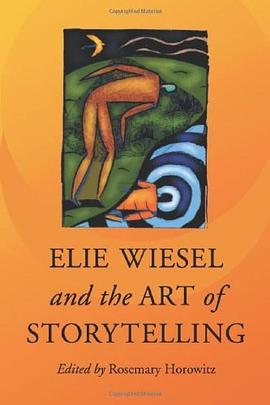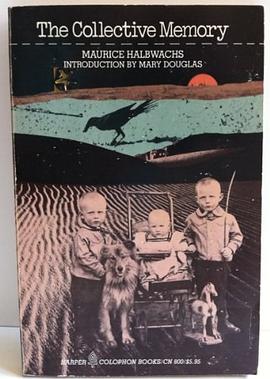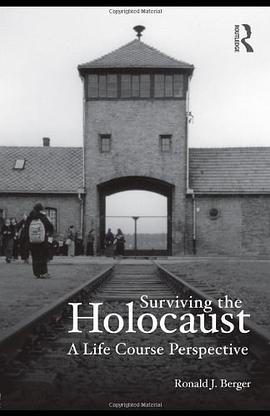

具体描述
"Surviving the Holocaust" is a compelling sociological account of two brothers who survived the Holocaust in Nazi-occupied Poland. One brother, the author's father, endured several concentration camps, including the infamous camp at Auschwitz, as well as a horrific winter death march; while the other brother, the author's uncle, survived outside the camps by passing as a Catholic among anti-Semitic Poles, including a group of anti-Nazi Polish Partisans, eventually becoming an officer in the Soviet army. As an exemplary 'theorized life history,' "Surviving the Holocaust" applies concepts from life course theory to interpret the trajectories of the brothers' lives, enhancing this approach with insights from agency-structure and collective memory theory. Challenging the conventional wisdom that survival was simply a matter of luck, it highlights the prewar experiences, agentive decision-making and risk-taking, and collective networks that helped the brothers elude the death grip of the Nazi regime. "Surviving the Holocaust" also shows how one family's memory of the Holocaust is commingled with the memories of larger collectivities, including nations-states and their institutions, and how the memories of individual survivors are infused with collective symbolic meaning.
作者简介
目录信息
读后感
评分
评分
评分
评分
用户评价
相关图书
本站所有内容均为互联网搜索引擎提供的公开搜索信息,本站不存储任何数据与内容,任何内容与数据均与本站无关,如有需要请联系相关搜索引擎包括但不限于百度,google,bing,sogou 等
© 2025 book.wenda123.org All Rights Reserved. 图书目录大全 版权所有

